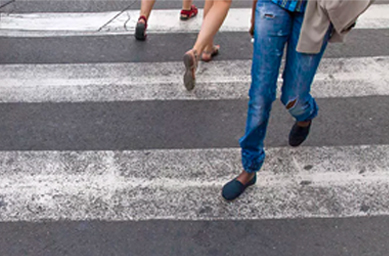You’ve probably heard the term premises liability thrown around quite a bit, especially if you watch the news. The “slip and fall” cases you hear about, where someone is injured at a shop or restaurant and sues the property owner—that is one form of premises liability. While it may seem like these cases are quite straightforward, there are many details and technicalities to know.
Premises liability cases can cover any type of injury, but there are particular cases that occur more frequently than others. As mentioned before, slip and fall cases are very common, as are dog attacks, swimming pool mishaps, and amusement park accidents. Other issues, such as inadequate maintenance or poor business security could also be fair cause for a case.
What is the Responsibility of a Property Owner?
Premises liability cases essentially revolve around the issue of property responsibility. Property owners are responsible for keeping their land, shop, or building safe for visitors, and if there is any potentially dangerous area it should be clearly designated. If a visitor is injured on the owner’s property because of negligence, then the owner may be liable for the damages caused.
Legally speaking, there are three different types of property visitors:
- Invitee: An invitee is someone who was invited or allowed on the property with permission from the owner.
- Licensee: A licensee is permitted on the property by the owner, but is there for his or her own purposes. For example, a salesman.
- Trespasser: If someone enters a property uninvited, and without the permission of the owner, he or she is considered a trespasser.
Typically a property owner has the most responsibility to an invitee since the property owner “invited” this person onto the owner’s property. It is expected that the property owner would warn of any dangerous conditions or areas, or fix/repair them before the invitee’s arrival. In a private, non-commercial setting, an example of this would be a party at your own home, where your guests are all invitees. An example of this in a commercial setting would be a customer at a grocery store, restaurant etc.
The property owner is less responsible to the licensee, since the licensee is not specifically invited onto the property, but whose presence is nevertheless permitted. As stated above, an example of a licensee would be a salesperson. The salesperson is not typically considered a trespasser, but is also not someone who was specifically invited. The property owner’s duty, therefore, is to warn of dangerous conditions or areas.
When dealing with a trespasser, the owner rarely knows they are on the property and did not invite them, so they rarely have a duty to report dangerous areas. However, in all three cases, the property owner is expected to exercise care in regards to the safety of any visitor that he or she is aware of.








